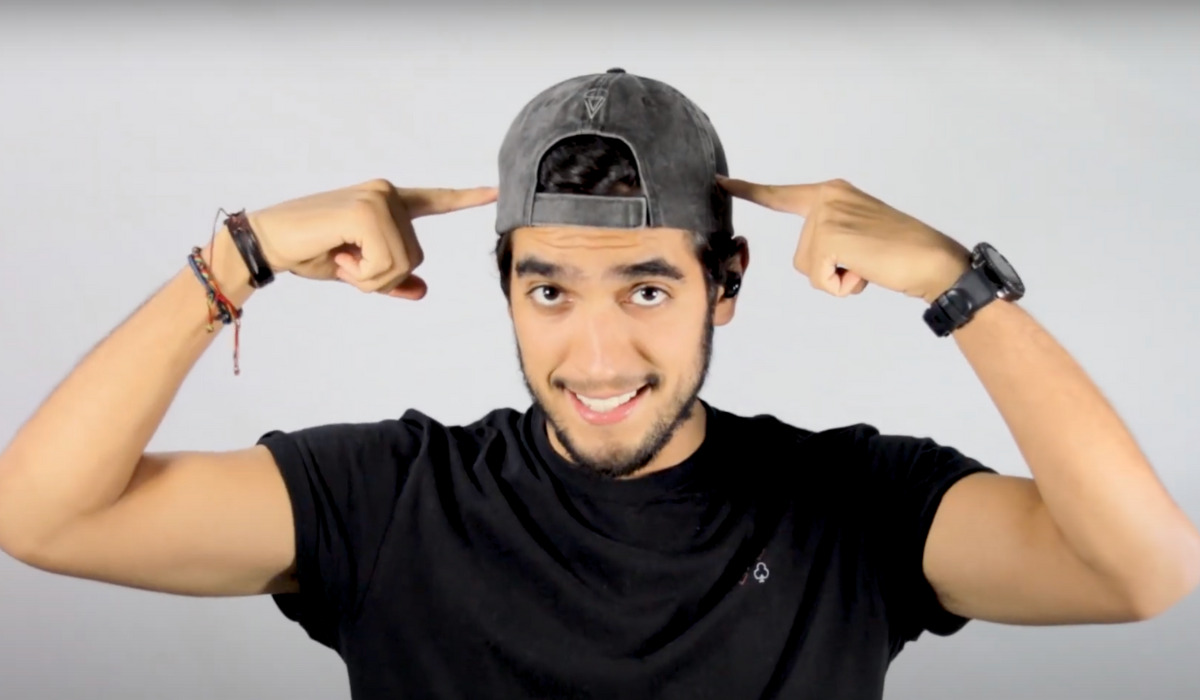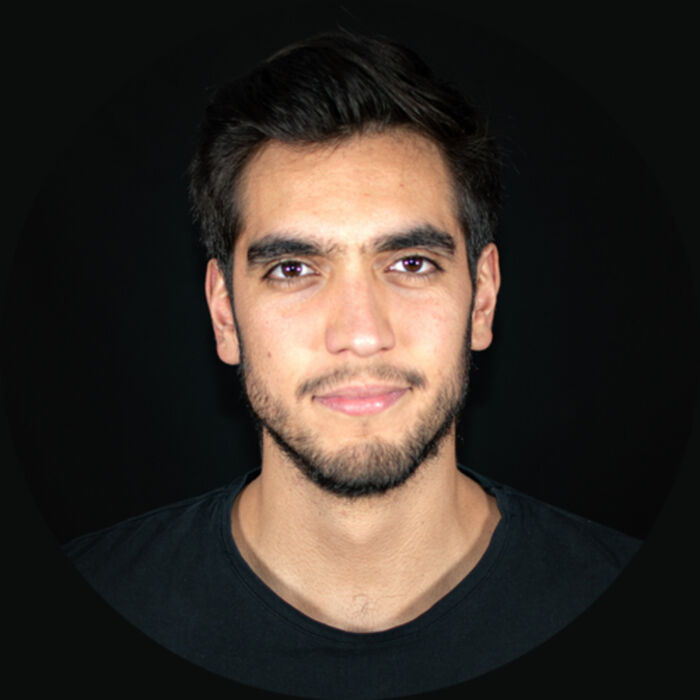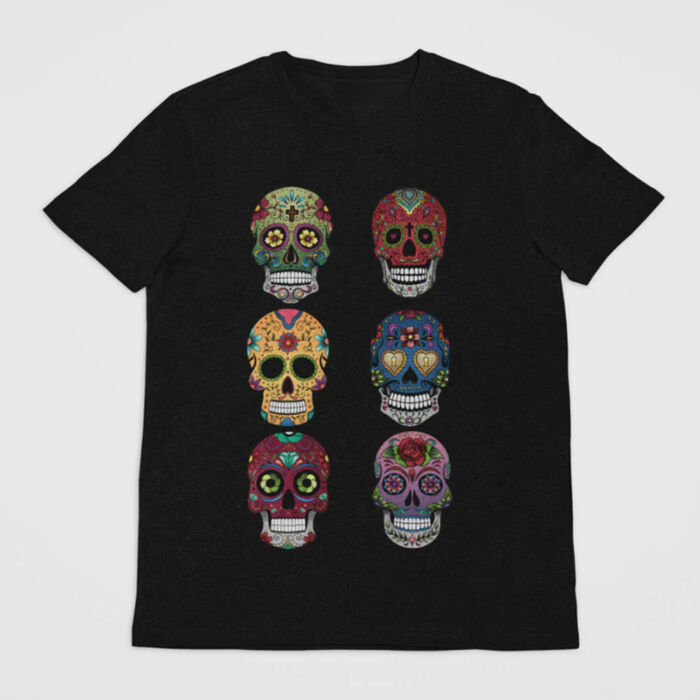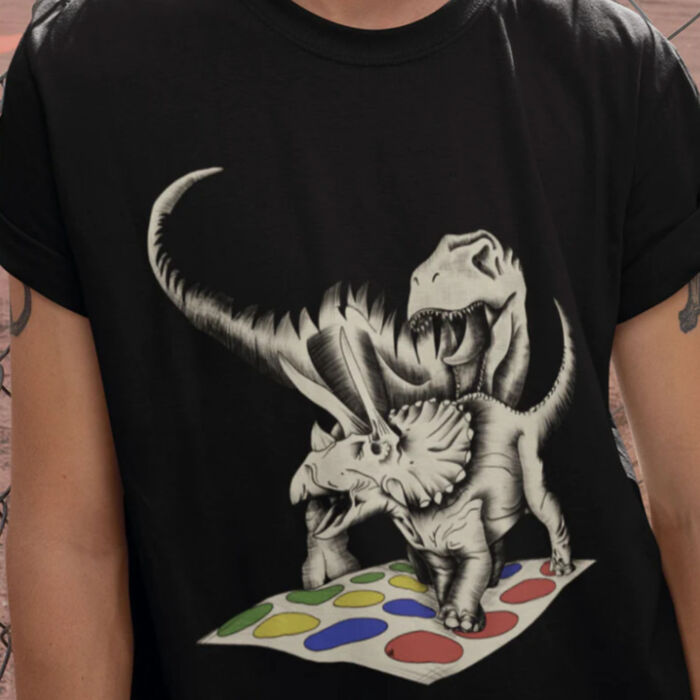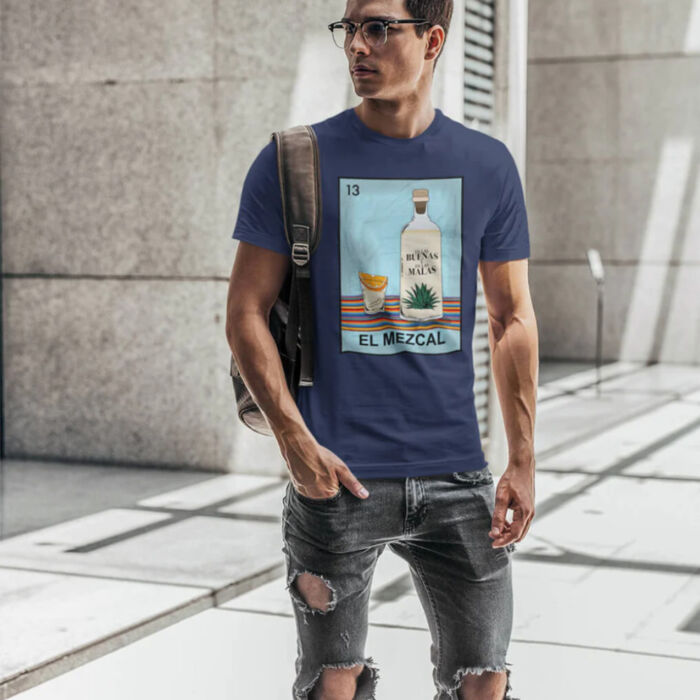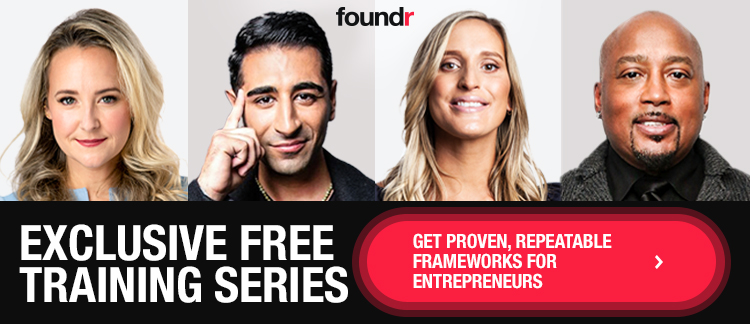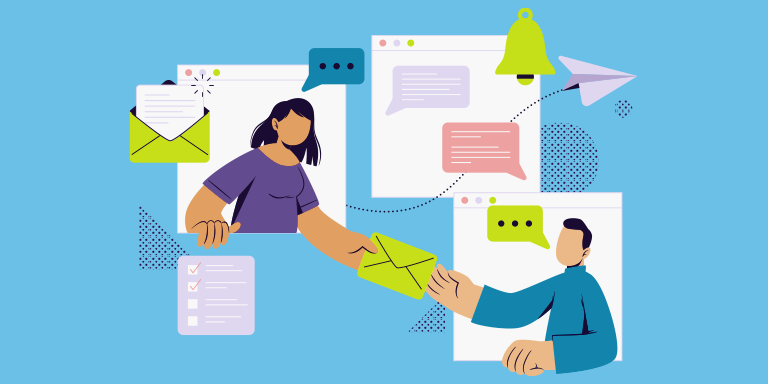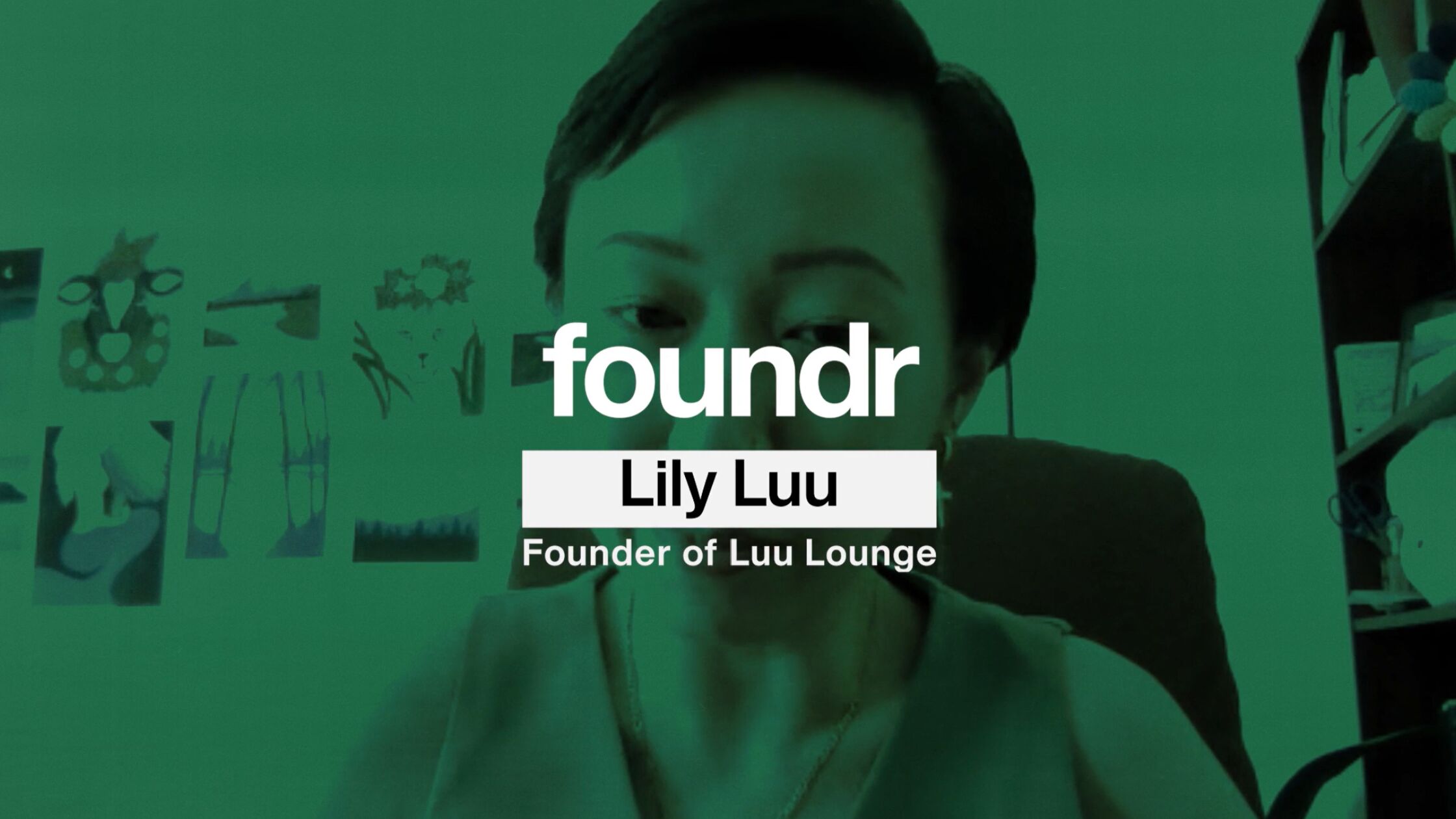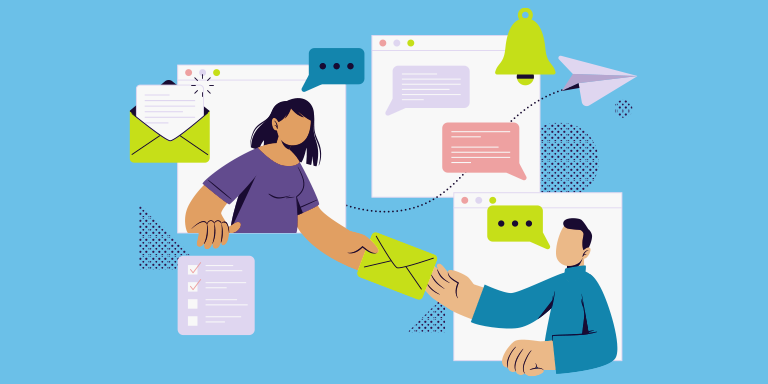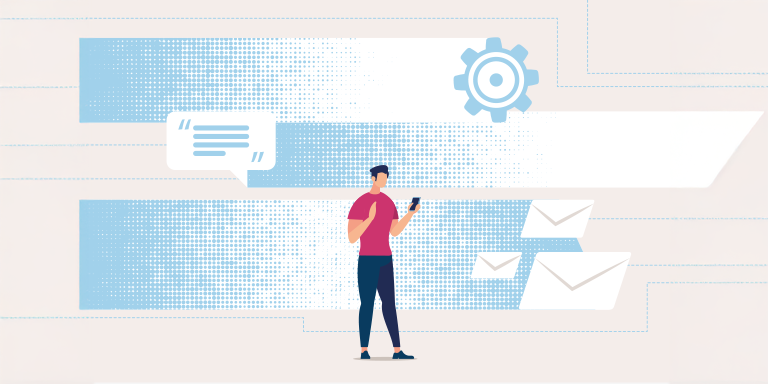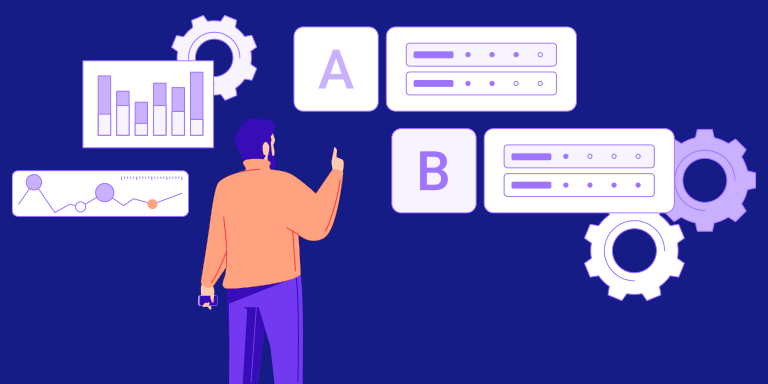Daniel Álvarez Yunes wove through the mass exit looking for the man.
The event at Panamerican University was ending, and Yunes was searching for the alumnus who had spoken at his table earlier in the day.
Yunes was an engineering student moonlighting as an entrepreneur. During his freshman year, he launched a clothing brand called VIDANO. The business had scrappy growth, but Yunes needed help.
That’s why he scanned the room in desperation.
Yunes finally caught up to the man he hoped would have an answer to his question. The man’s name tag read Daniel Castro Ceballos. Six years prior, Ceballos had been in Yunes’ same position, but now he had a half decade of experience working in fintech and ecommerce.
VIDANO sold its products via Amazon, but Yunes wanted to open a direct-to-consumer (DTC) store. He asked Ceballos what steps he should take to start an online store using tools like WooCommerce.
The answer, Yunes says, “was extreme and direct”: You have to do Shopify.
Yunes was concerned about Shopify’s cost but trusted Ceballos’ confidence. Yunes asked Ceballos for help, and Ceballos agreed. He spent three months helping Yunes build and launch VIDANO’s Shopify store, asking for nothing in return.
“He did it with the heart. And I was always really thankful for that,” Yunes says.
Ceballos became a mentor and friend. And two years later, Yunes could pay him back.
Today, Yunes works alongside Ceballos as the co-founder of Levely, an agency that supports ecommerce brands with technical marketing. Along with running VIDANO, Yunes continues the practice that’s allowed him to generate $1 million in revenue at just 22 years old.
Fueling the Fire
VIDANO started at a college house party in 2017.
Yunes scanned the room and noticed everyone was wearing the same generic T-shirts.
“I identified this lack of ownership of authenticity [in] the way we wear things,” Yunes says. His idea was to print diverse designs from young Mexican artists on T-shirts, hoodies, caps, and jackets.
He was 18 when he started VIDANO. With no background in T-shirt printing, apparel design, or running a business, he used his spare time between classes to build VIDANO from nothing.
“When … I was starting college, I had this fire in me saying, ‘I need to create something. I need to do something that is my own,’” Yunes says.
Yunes started learning everything there was to know about print design. He watched every YouTube video and visited a local apparel fair in Mexico City to learn about fabric.
“My market was my age [bracket],” Yunes says.
“I actually started designing a product that I could be proud of and that … I would wear.”
Yunes says during this exploration phase of the business, he remembers researching a printing machine he needed but stopped investigating when he saw the price. But Yunes didn’t give up. Leveraging the unique designs of Mexican artists in his network,
Yunes made T-shirts in his bedroom and sold them directly through Instagram.
That Instagram account? Yunes built it from a few hundred followers to 40,000.
“I’m really grateful for that fire that I had,” Yunes says about the first two years working on VIDANO. “It was the way I created VIDANO and the way that I’m where I’m at right now.”
Amazon contacted Yunes directly, and he started selling VIDANO products on the platform. But he couldn’t fully utilize the Instagram audience he’d built without a DTC online store.
“We were growing really slow. I have to say it was really, really slow, but it was secure,” Yunes says.
“Because we actually had no idea what we were doing. It was like learn and do, and fail and learn again.”
Because of Yunes’ appetite for knowledge, VIDANO’s growth was about to speed up.
Rebirth
Two years into VIDANO and Yunes’ undergraduate degree, he attended an alumni exhibition where professionals returned to campus to speak to students. That’s where he met Ceballos.
Yunes says their meeting is when VIDANO was reborn.
Together, they set up a Shopify store, garnered outside investment, and switched from polyester to 100 percent cotton products. And finally, Yunes purchased the coveted printing machine.
“That was a great accomplishment because it was in my first years that I was researching, saying, ‘Wow, I really want that machine. I really want to do that,’” Yunes says. “And I look at it right now, and I’m doing it. I have that machine. We bought it. And we’re working on it.”
Read More: Why Ethan Yong Left His Career to Build UmamiPapi Into a Chili Oil Sensation
With VIDANO humming, Yunes ventured into his next area of improvement—digital ads—mindful that his money and established business were on the line.
“That made me a lot more careful of what types of buttons or tactics or different strategies I needed to implement to actually see results,” Yunes says about learning how to advertise through Facebook Business Manager (now Meta). “There was a lot of uncertainty because if this month didn’t work out, I didn’t have money for the next one.”
In 2019, while researching Facebook ads, Yunes watched Nick Shackelford speak virtually at the Ad World Conference. He started following Shackelford and discovered his Facebook ads course with Foundr.
“For a guy that saw everything on YouTube, that’s bought every single minicourse that he could get his hands on, I can say Foundr has been the best choice,” Yunes says.
According to Yunes, Shackelford’s course was unlike anything he’d found before because it teaches entrepreneurs a marketing strategy—not just a tactic.
“It was my brand, my money, my results on the line, [and] that made me really careful and really embrace failure but actually as well, embrace learning,” Yunes says. “I consider [Shackelford] a mentor to me because he’s [worthy of] my investment.”
The more Yunes learned, the more VIDANO grew. In four months, the company doubled and tripled its sales. He realized that advertising was the career he wanted to invest in, but that meant embracing failure once again.
Leveling Up
In 2020, Yunes was still running VIDANO while working a day job doing digital marketing at Coca-Cola. He was also remotely earning a specialization in digital marketing through the University of Colorado Boulder.
That’s when he reconnected with his mentor, Ceballos.
“He told me, ‘You should make an agency because you have this really special way of reaching people and actually making them understand really complex things,’” Yunes says. “[Ceballos’] specialty is in analytics, and he can read numbers [like] nobody can.”
Naturally, the two discussed starting an agency together, but Ceballos admitted that he couldn’t cover the costs of paying Yunes a salary.
“I said, ‘You know what, forget it, you actually helped me a lot on VIDANO. Let me do the same [for] you,’” Yunes says. “‘I’m going to start the agency, no payment, and let’s bring it on and let’s create it.’”
Read More: How Beaus+Babes Founders Created a Baby Brand That Pays It Forward
In 2021, he quit his job at Coca-Cola and committed to the duo’s new agency, Levely. Two years on, Levely is a thriving agency focusing on technical marketing for ecommerce companies in Mexico. Yunes credits his embrace of failure for his success in the ad agency.
“I do believe we’re never going to find that perfect ad, but we’re going to find the perfect way of working with our team to actually test,” Yunes says. “And that [is the best] way of approaching Facebook ads.”
Yunes says they’ve been able to carve out a competitive advantage because of the rampant amount of digital fraud in Mexico and the technical experience they offer clients. But more importantly, Yunes says the strategy of learning fast from Shackelford’s Foundr course keeps Levely and VIDANO growing.
Thanks to the course, Yunes says, “I’ve seen double income and double revenue in VIDANO and actually on all of our clients.”
Never Stop Learning
Because of Yunes’ commitment to testing, learning, and applying, he’s created a lifetime million-dollar revenue ecommerce business and leveraged his skill set to grow an agency.
“I truly believe that we have been working quite well not because of the skill we have—we do have the skill—but because of the mentality that I started my own company,” Yunes says.
“I’m no guru. I started from scratch. I’ve been trying to find my own way, my own processes, my own techniques, my own strategy, everything from my own.”
That’s why Yunes is so adamant that founders must invest in themselves. He credits the Foundr community as a resource to network and learn from others in his position.
“That type of networking is priceless, and the energy, the vibe that we’re seeing in that type of community is all about helping each other.”
From a teenage entrepreneur making T-shirts in his bedroom to an advertising expert and founder of two businesses, Yunes knows that success comes with the desire and willingness to learn through failure.
“If we’re not failing enough, we’re not winning enough,” Yunes says.
Get the same training that Yunes used to grow his businesses.
